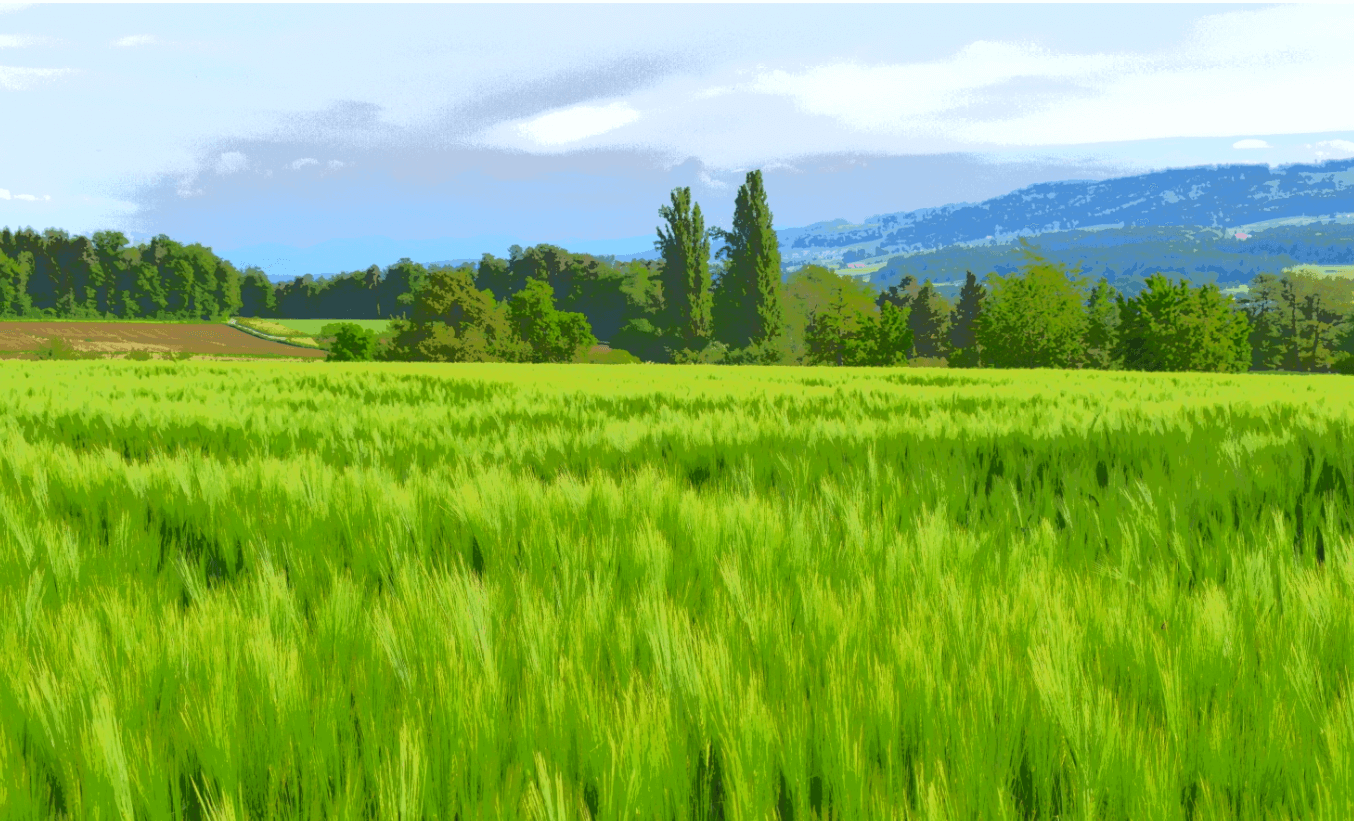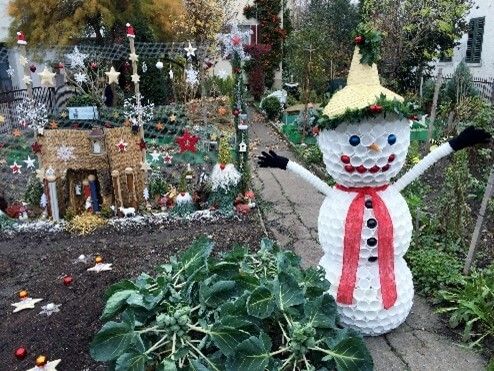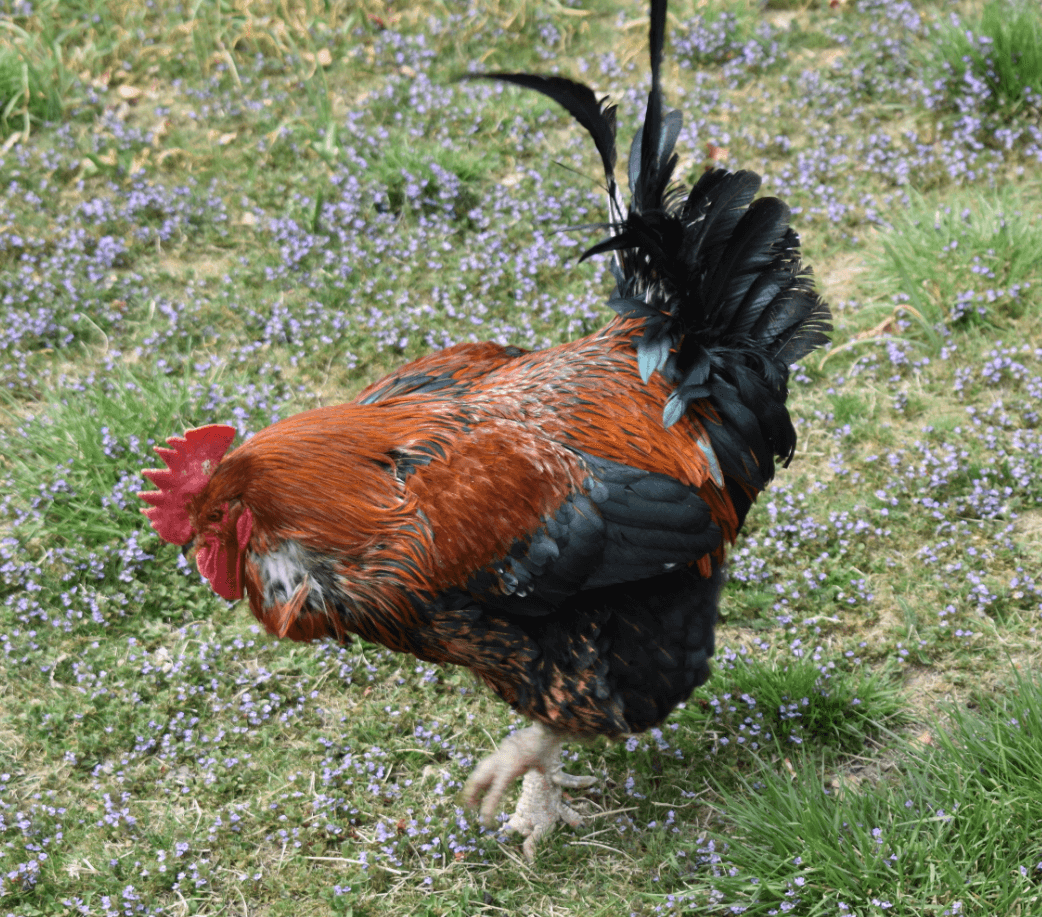Does Klugne Mean Something? (Newsletter 002)

Greetings friends! James Bellerjeau here.
I like words. A lot. Those of you who know me will be thinking, "yes, you like to talk a lot when you get in front of an audience." True, but I appreciate others' words as well: a finely written book, a nicely turned phrase. I also like the exchange of ideas implicit in conversation or debate.
Left unchecked, I tend towards the cynical view, even a sarcastic one. I tell myself I am just being realistic, although I know better. This approach does give many opportunities for one to apply intelligence and wit, which I also appreciate. Many things hide behind cynicism, sarcasm, and wit, but compassion is not usually one of them.
I want to be honest in writing here about things that inspire me, but I do not want to score points, or convince you of anything, or make you mad. I want to demonstrate compassion, for you and for myself.
Used well, words are not just descriptive. They are evocative. They carry emotions and give rise to feelings. I will try hard to focus on the positive, even when I cover heavy topics.
Does any of us doubt that two people looking at the same facts can see very different things? And though what you first notice seems as plain as day to you, is it possible that you can train yourself to notice certain other things first? As we think, so shall we become. By remembering to focus on what is good in a situation, we can turn the course of our minds.
I won't catch every cynical thought, but I will try to see clearly and speak honestly while focusing on the good in a situation.
Last week I welcomed my first readers to Klugne.com. I described the Moral Letters section of the site, and why Stoic philosophy remains so interesting to us today. If you missed it, have a look at Welcome to Klugne (Newsletter 001).
You can contact me with your thoughts at James@klugne.com. Thanks so much to those who have already written.
The most frequent question so far: Does Klugne mean something, and if so what? I explain on About Klugne, but here it is for easy reference:
Klugne is a mashup of the German phrase "Klug, ne" meaning roughly "Smart, huh." My kids suggested it at the dinner table when I was being too much of a know-it-all on something. It was their idea to use it as a website name. I like it because the name is distinctive, relatively short, and easy to say in multiple languages. (Plus it reminds me to be humble when I think I'm being too clever about something.)
The topics on Klugne.com are organized into four buckets.
- Moral Letters: advice on what it means to live a good life from Stoic philosophy.
- Better...: how to improve your decision-making, communicate better, develop good habits, and be happier.
- My Two Cents: how human pschology leads us astray with questionable science, modern politics, provocative statistics, predictable incentives, and more.
- Paradise Found: what we will find upon returning to the United States after 25 years abroad in Switzerland (starting January 2022).
You've already encountered the Moral Letters bucket, to which I have added this week the next two letters: 003 On Friends, Not Followers and 004 On The Quest for Immortality.
Better... Series
Let me describe today the Better... series. For as many ways as we fall short of our expectations, there are ways to improve our behavior:
Have you ever suspected there must be a better way to do something? In this series, we explore topics like communication, thinking and decision-making, happiness and habits, and more. I give you concrete tools you can use to continuously improve over time.
I am a big believer in continuous improvement. In this series, I will give you examples and encouragement of how you can apply simple habits to your life that create big impacts over time. For two samples of what I mean, check out the articles We're All Big Babies and A Bird In The Hand.


Be well.







Member discussion